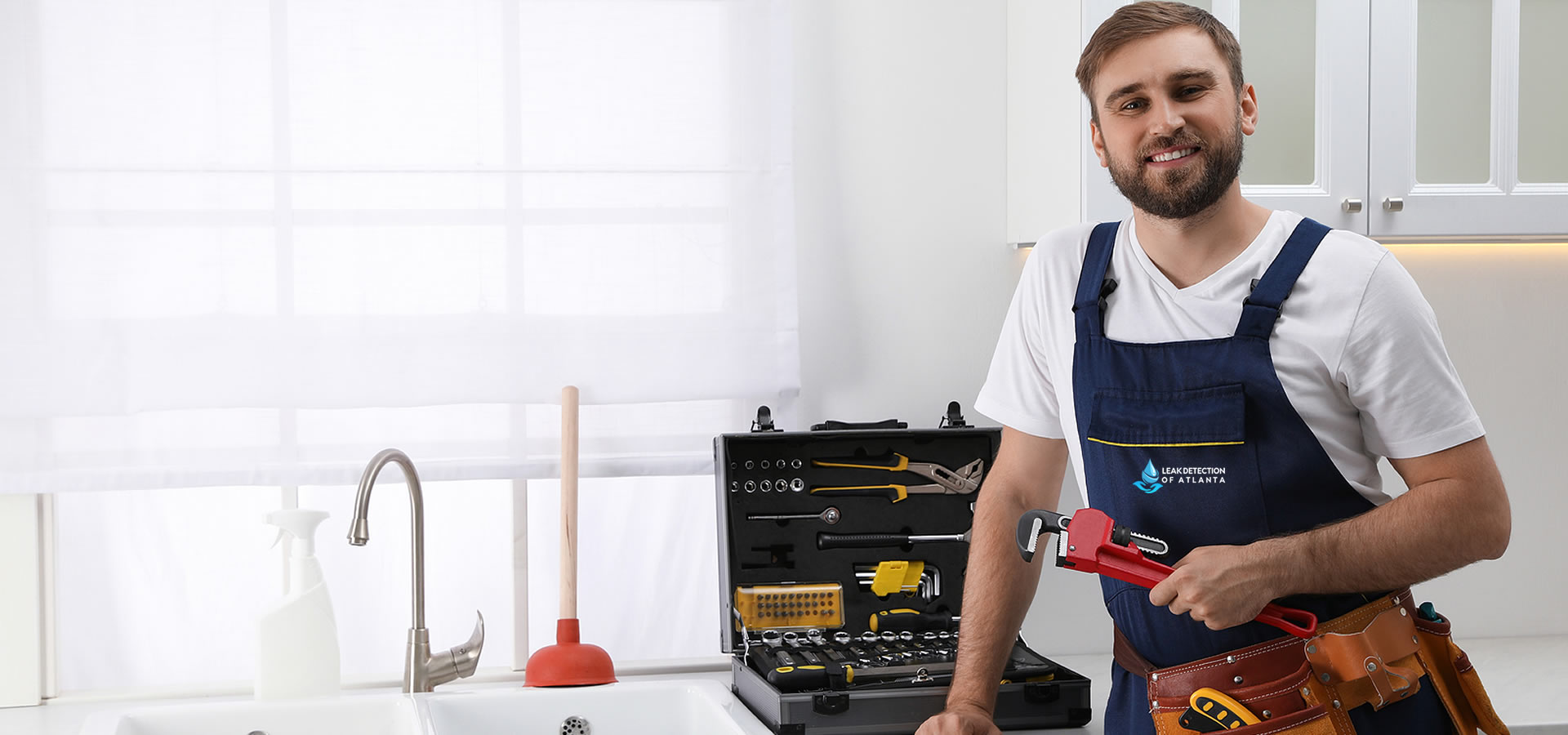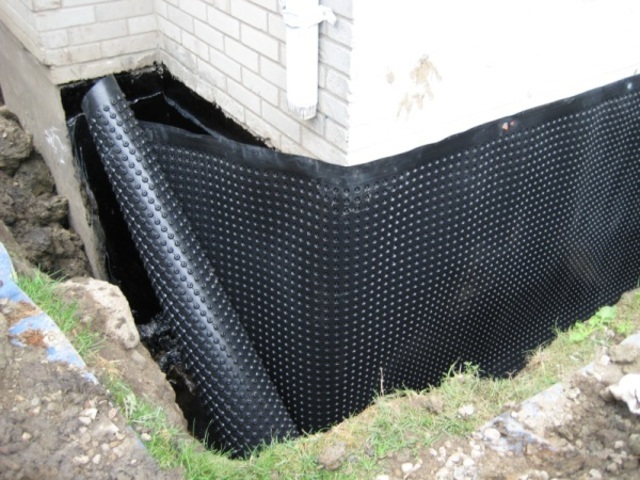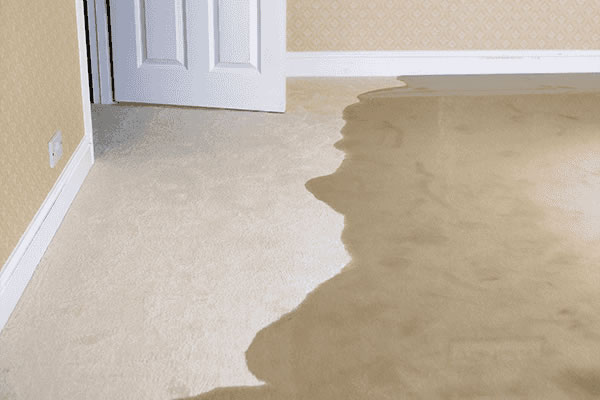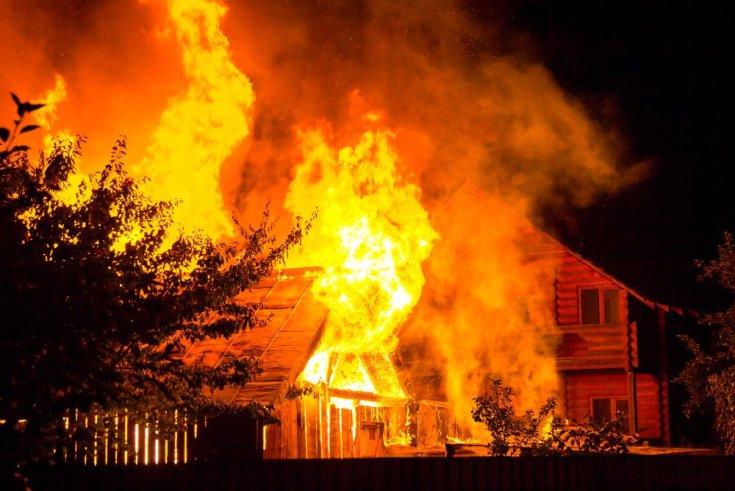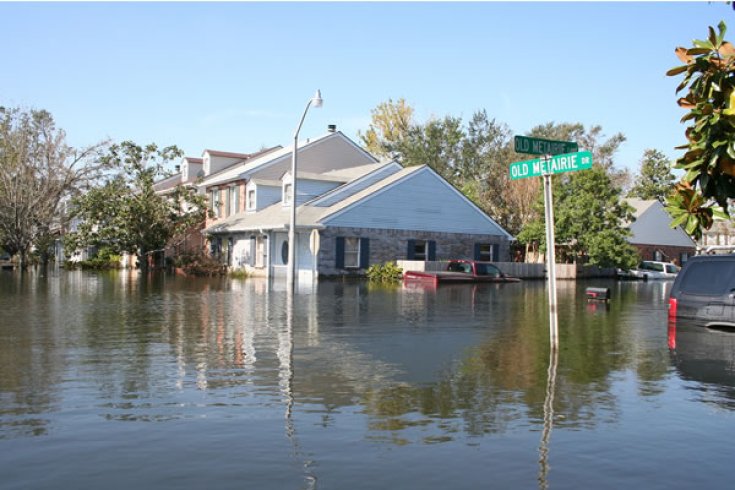Waterproofing Basement Walls
Your home may suffer from structural problems, mold growth, and other problems as a result of water damage. The basement is one location that is particularly prone to water damage. Waterproofing your basement walls is crucial whether you have a moist basement or have previously experienced water penetration.
In this blog post, our professionals from Leak Detection of Atlanta will discuss practical methods and important factors for basement wall waterproofing to protect your house from potential water damage removal, water damage cleanup, and repair.
Identify the Source of Water Infiltration
It's essential to locate the water penetration point before starting any waterproofing projects. Applying the necessary waterproofing solutions and addressing the root problem are both possible at this step. Common causes include damaged gutters, inadequate drainage, and foundation fractures. Look carefully for any evidence of water penetration in your basement, such as moisture, mold, or efflorescence on the walls.
Repair Cracks & Foundation Issues
Water can enter the basement through significant cracks in the walls or foundation. Start by filling in any obvious cracks with an injection of epoxy or polyurethane. Consult a qualified contractor with experience in foundation repairs if the problem is more serious. By sealing these cracks, you can lower the chance of water damage by preventing water from entering your basement.
Install Interior Drainage Systems
Water that enters your basement is collected by interior drainage systems, which direct it away from your house. A French drain system is one preferred alternative. For this, you need to dig a trench around the outside of your basement, put in a perforated pipe, and then cover it with gravel to allow water to flow. A sump pump then receives the gathered water and removes it from your basement. Interior drainage systems are highly effective at preventing water damage and can be installed by experienced DIYers or professionals.
Apply Waterproof Coatings
A crucial line of defense against basement water incursion is waterproof coatings. The inside walls are protected by these coatings, which act as a barrier to keep moisture from permeating the surface. There are many waterproofing materials available, including waterproof paints and cementitious coatings. Before applying the coating, make sure the walls are clean and dry. Be sure to carefully follow the manufacturer's recommendations. Keep in mind that waterproof coatings may need frequent maintenance as they are not a permanent fix.
Protect Exterior Walls
When waterproofing your basement walls, it's equally crucial to take care of the exterior of your house. Begin by checking the gutters and downspouts to make sure they are free of obstructions and operating correctly. Water will be less likely to collect around the walls of your basement if downspouts are extended away from the foundation. To assist water to flow away from the basement, you might also think about sloping the soil away from your home's foundation.
Invest in Proper Insulation
An important factor in preventing condensation and lowering the danger of moisture buildup in your basement is proper insulation. Use moisture-resistant insulation for the interior walls, such as closed-cell spray foam or foam boards. Insulating your basement ceiling will also aid in temperature control and lessen the possibility of moisture developing on the walls.
Need a Reliable Company?
Are you in need of a water damage restoration? Luckily, we at Leak Detection of Atlanta have dedicated workers ready at your service. Contact our representatives for more information on this matter.

